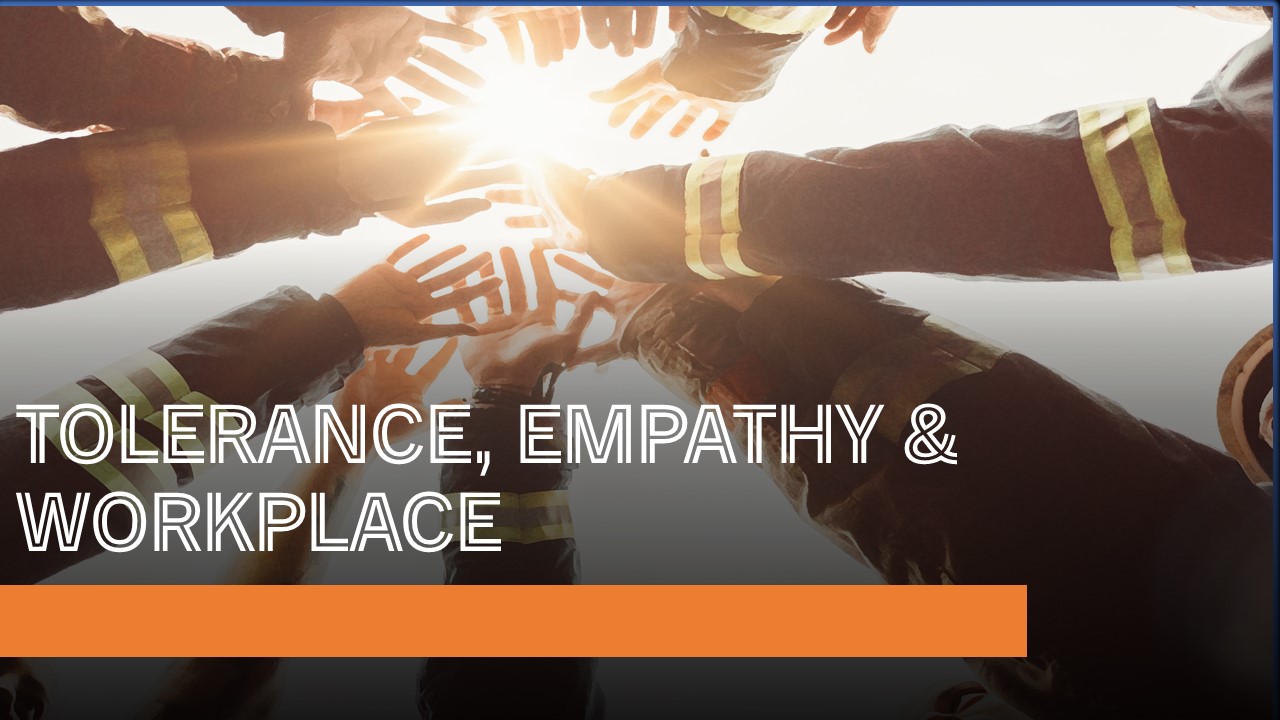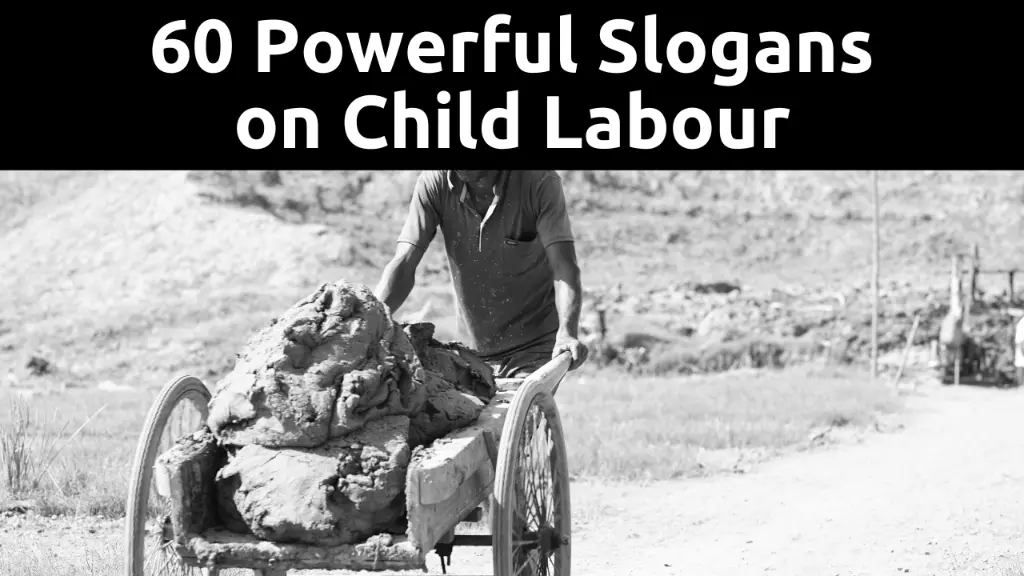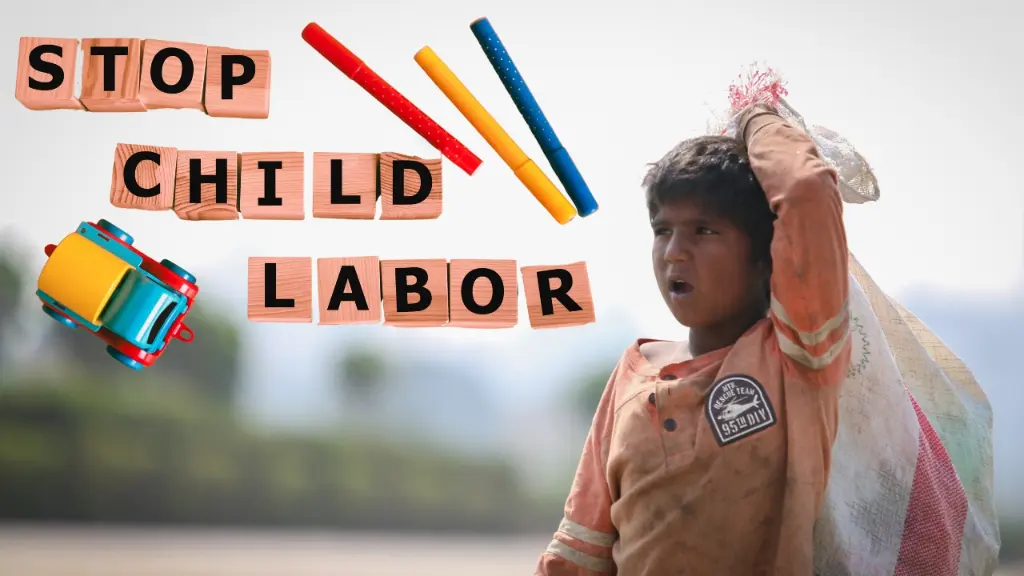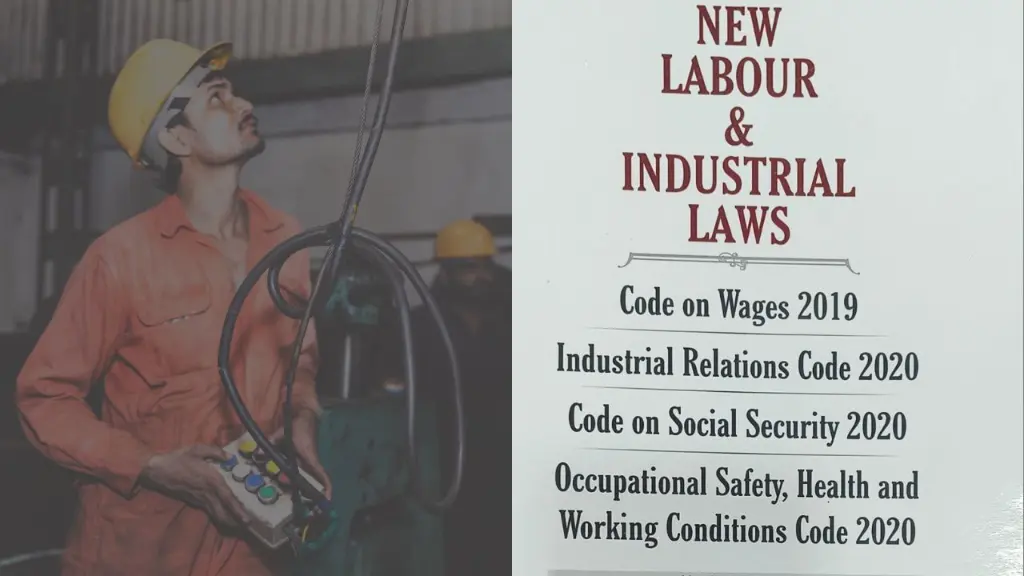International Day for Tolerance
International Day for Tolerance is observed on November 16 every year to spread awareness about the importance of tolerance in society and make people understand the negative effect of intolerance.
But how does this relate to workplace safety? Do you think tolerance will positively impact the workplace thus improving the safety standards? How Tolerance differs from Empathy? Do you think Tolerance and Empathy work together and have their own effect on workplace safety? Are these must-have attributes for the Leadership team?
All right, all right, I got it. Perhaps, I am asking too many questions, isn’t it? Before exploring these questions, let’s understand today’s workplace and the terms tolerance and empathy.
Today’s Workplace:
You may agree with my point of view that today’s workplace is very diverse like our modern societies. In this globalization era, it is quite normal to have a workforce from different backgrounds, cultures, faith & belief, or in a nutshell ‘Diverse Workgroup’ at the workplace.
What is Tolerance:
It is respect, acceptance, and appreciation of the rich diversity of our world’s cultures, our forms of expression, and ways of being human as explained by UNESCO (United Nations Educational, Scientific and Cultural Organization).
What is Empathy:
It is a very broad term and difficult to explain in a few lines. However, in a simplified term, Empathy is an ability to emotionally understand what other people feel, see things from their point of view, and imagine yourself in their place.
What it means to be Tolerant in the Workplace:
Being tolerant means respecting each other at the workplace despite any disagreement or issues and expressing concerns (if any) positively or constructively by avoiding provocative words that can hurt the feeling of others.
It is one of the important attributes to generate an environment where people feel valued and respected. Does this sound familiar? Yes, it is, as many organizations believe that their greatest assets are ‘the People’ and assets must be valued.
Being tolerant does not mean compromising with the established golden rules, guidelines, life-critical requirements, life savings rules, or whatever the organization names it. Instead, open yourself to listening to others and their ways of thinking.
This will help in personal development, mutual understanding, and bonding ultimately leading to trust.
It is pertinent to mention that tolerance does not only apply to the organization or leadership team but also all employees in the organization.
What it means being Empathetic at the Workplace:
As each person at the workplace is different so their needs are too. An empathetic team leader should try to understand the unique needs and goals of each team member and facilitate matching the suitable work assignment.
Sometimes, it may be difficult but in the long term, it not only improves the performance of employees but also their job satisfaction.
These types of team leaders can effectively build and maintain relationships with employees and positively help to retain talent.
How do Tolerance and Empathy Relate to Workplace:
To have Empathy, it is necessary to learn how to be flexible which naturally comes from Tolerance. Being intolerant and strict will prevent you to listen and understand others’ reasons. More tolerant people tend to have a high level of empathy and a lower level of anger.
On the contrary, Tolerance in the absence of Empathy in an organization will be like paternalistic where employees are looked after well but not part of decision-making and preventing them from taking responsibility themselves.
Therefore, Empathy and Tolerance go hand in hand and must have attributes not only for the Leadership team but also for each employee to positively impact the workplace safety standard.
It is recommended that Tolerance and Empathy attributes are to be practiced by the leadership team to understand the feelings of their employees, share knowledge, and interact with employees at the workplace to establish a good rapport.
This will be deepening the relationship which may eventually lead to the developing trust between them. If the employees trust the leadership team, then it’s almost certain that they will cooperate and be with them in each decision (whether it is about improving workplace safety standards or any other challenge).







Nice one. . keep up the good work
Thank you Sourabh!
Good Job Mr. Brijesh, title is unique & content very imperative.
Thank you Mayank!